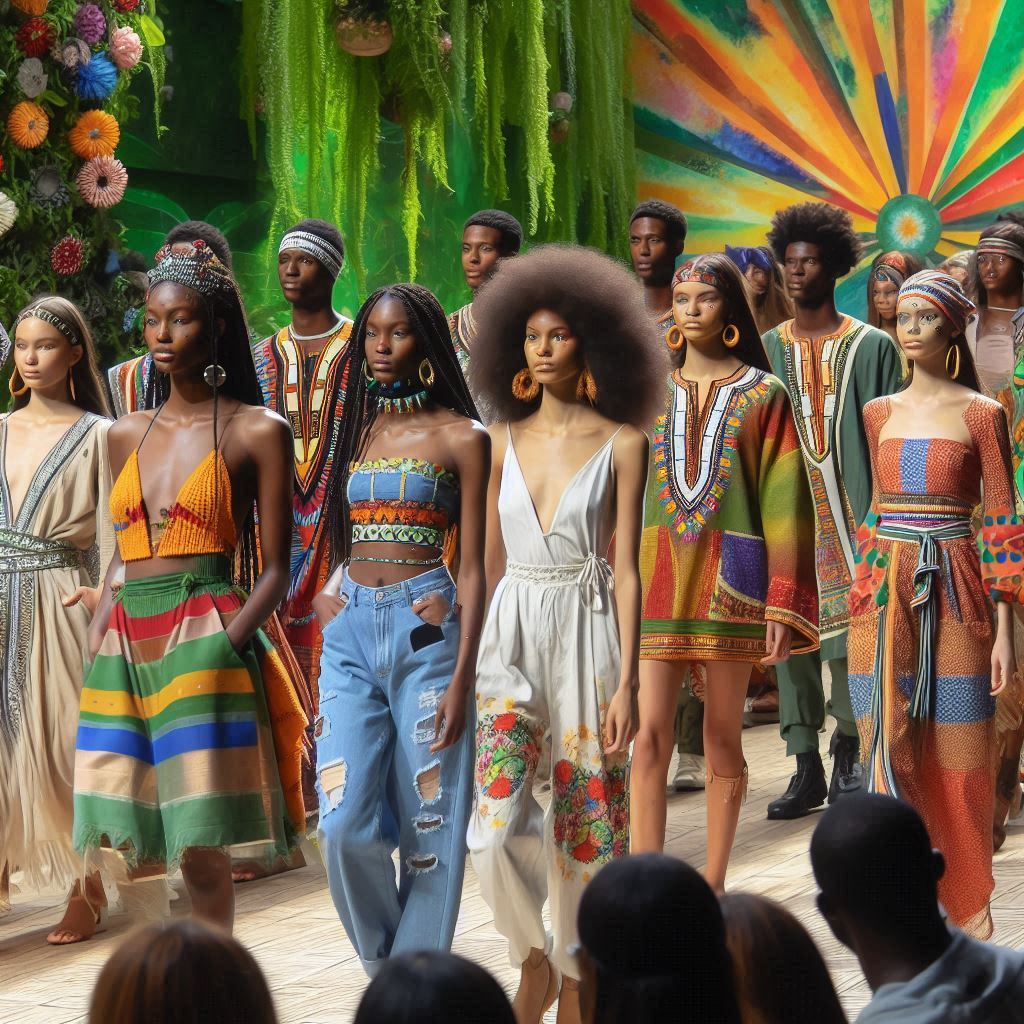Sustainable Fashion: How Ghanaian Designers Are Leading the Eco-Friendly Movement

As the world shifts towards sustainability and conscious living, fashion has become a key industry for innovation in eco-friendly practices. Ghana, known for its vibrant textile culture and fashion-forward creatives, is emerging as a leader in sustainable fashion, with designers championing ethical production, locally sourced materials, and waste reduction efforts.
The Rise of Eco-Conscious Fashion in Ghana
Traditionally, Ghanaian fashion has always leaned towards sustainability, with handwoven textiles, recycled fabrics, and artisanal techniques forming the backbone of local fashion. However, recent years have seen a deliberate push towards making sustainable fashion more accessible, structured, and globally relevant.
Designers such as Studio 189, AJABENG, and Nallem Clothing are pioneering ethical production models, ensuring that fashion remains both stylish and environmentally responsible. Many brands are embracing slow fashion, prioritizing quality over quantity, and producing timeless designs that reduce textile waste.
Locally Sourced Materials and Ethical Craftsmanship
One of the hallmarks of Ghanaian sustainability is the use of locally sourced, organic materials such as batik fabrics, recycled cotton, and indigenous plant-based dyes. These materials reduce carbon footprints while supporting local artisans and textile workers.
Additionally, Ghana’s fashion houses are emphasizing fair labor practices, ensuring that tailors, weavers, and designers receive equitable wages and safe working environments. Ethical craftsmanship is central to sustainable fashion, helping preserve traditional textile arts while fostering economic growth.
The Future of Ghanaian Sustainable Fashion
With increasing global interest in green fashion, Ghanaian designers have an opportunity to scale their eco-friendly initiatives onto a larger stage. Collaborations with international brands, government support for sustainability incentives, and innovations in upcycled materials could further accelerate the movement.
Consumers, too, are playing a role in the shift by embracing sustainable shopping habits, supporting local brands, and prioritizing quality, ethically made clothing over fast fashion trends.
As Ghana continues to refine its sustainability efforts, fashion stands as a powerful vehicle for environmental change, blending tradition with modern innovation to lead Africa’s eco-friendly revolution.



0 Comments
No comments yet, be the first to comment